Data Science & Developer Roadmaps with Chat & Free Learning Resources
Name-and-Data-Nodes
In the context of graph theory and data science, “Name & Data Nodes” refer to the fundamental components of a network. Name nodes represent entities or objects, while data nodes encapsulate the attributes or information associated with these entities. Together, they form a structured representation of relationships and properties within a network. Understanding the distinction between name and data nodes is crucial for tasks such as network analysis, machine learning, and data visualization, as it allows for effective modeling of complex systems and enhances the ability to derive insights from interconnected data.
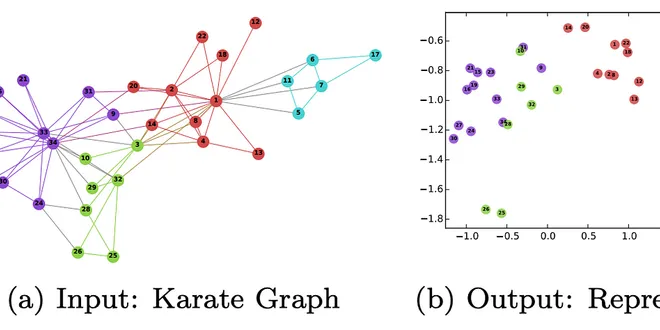
Node embeddings for Beginners
Node Embeddings are vectors that reflect properties of nodes in a network. Learning how Node vectors are computed is easy with this tutorial.
📚 Read more at Towards Data Science🔎 Find similar documents

Node Embeddings
This is a survey on Node Embeddings from Christos Ziakas, Jan Rüttinger, and Till Richter. It was conducted in the Machine Learning Lab of the Data Analytics and Machine Learning Group from TUM. We…
📚 Read more at Towards Data Science🔎 Find similar documents
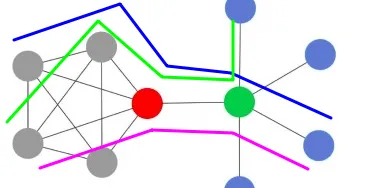
Unveiling important nodes in a network
The detection of the most important nodes in a graph-database (or network dataset) is a problem of wide interest in various scientific disciplines, particularly in data science. Its relevance has…
📚 Read more at Towards Data Science🔎 Find similar documents

NodePiece: From Node IDs to Tokens
A novel approach to graph embedding Photo by Mel Poole on Unsplash Intro The explosion of interest and progress in natural language processing (NLP) and large language models (LLMs) is well-documented...
📚 Read more at Python in Plain English🔎 Find similar documents
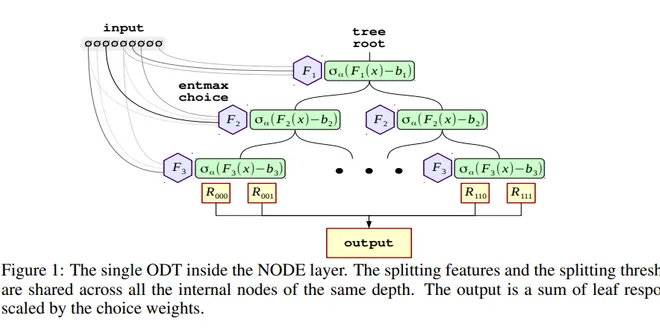
Modelling tabular data with CatBoost and NODE
CatBoost from Yandex, a Russian online search company, is fast and easy to use, but recently researchers from the same company released a new neural network based package, NODE, that they claim…
📚 Read more at Towards Data Science🔎 Find similar documents
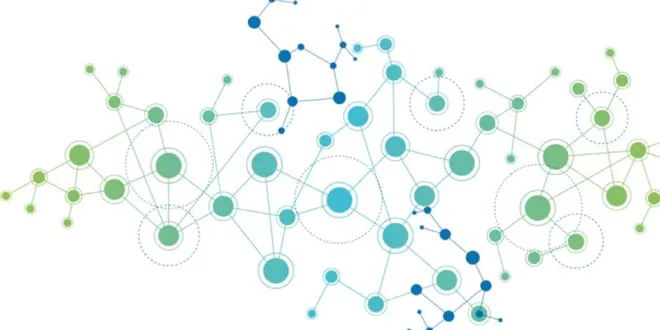
Working with Graph Data — Vert.x and Neo4j
Graphs are a powerful and versatile data structure that easily allow you to represent real life relationships between different types of data (nodes). There are two main parts of a graph: Directed…
📚 Read more at Level Up Coding🔎 Find similar documents

Complex Network: Facebook friends list
The complex network is a growing area in the science data field used to describe, visualize, and analyze data. The complex networks distinct elements or actors represented by nodes and the connection…...
📚 Read more at Towards Data Science🔎 Find similar documents

Populating a Network Graph with Named-Entities
I do a lot of natural language processing and usually, the results are pretty boring to the eye. When I learned about network graphs, it got me thinking, why not use keywords as nodes and connect…
📚 Read more at Towards Data Science🔎 Find similar documents

Datasets & DataLoaders
Datasets & DataLoaders Created On: Feb 09, 2021 | Last Updated: Jan 16, 2024 | Last Verified: Nov 05, 2024 Code for processing data samples can get messy and hard to maintain; we ideally want our data...
📚 Read more at PyTorch Tutorials🔎 Find similar documents
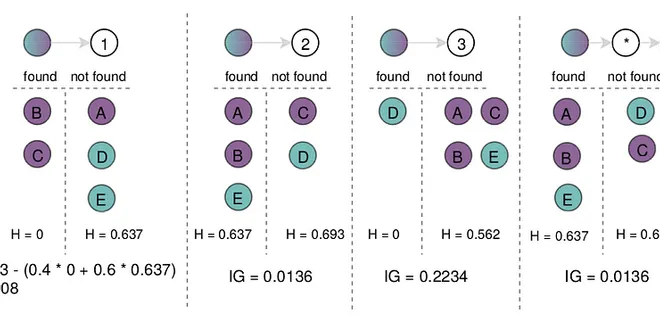
Explainable, efficient and accurate node classification in Knowledge Graphs
Graphs are data structures that are useful to represent ubiquitous phenomena, such as social networks, chemical molecules and recommendation systems. One of their strengths lies in the fact that they…...
📚 Read more at Towards Data Science🔎 Find similar documents
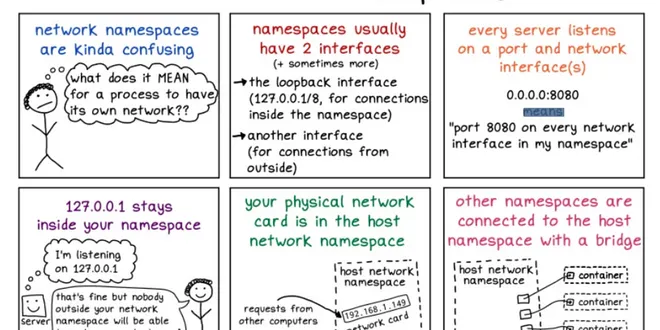
Container Internals Series Part 2: Network Namespace
Linux Network Namespace from scratch using Golang This is the second part of the series, where I’ll demonstrate how to create a network namespace and add a process to it. Although this series focuses...
📚 Read more at Level Up Coding🔎 Find similar documents
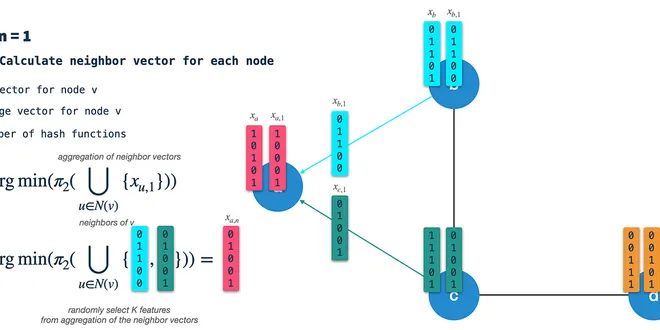
HashGNN: Deep-dive into Neo4j GDS’s new node embedding algorithm
HashGNN: Deep Dive into Neo4j GDS’s New Node Embedding Algorithm In this article, we will explore alongside a small example how HashGNN hashes graph nodes into an embedding space. If you prefer watch...
📚 Read more at Towards Data Science🔎 Find similar documents

